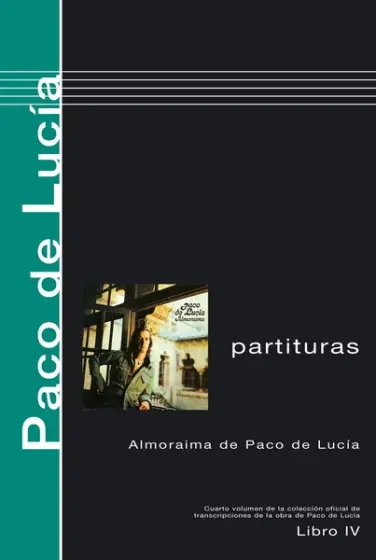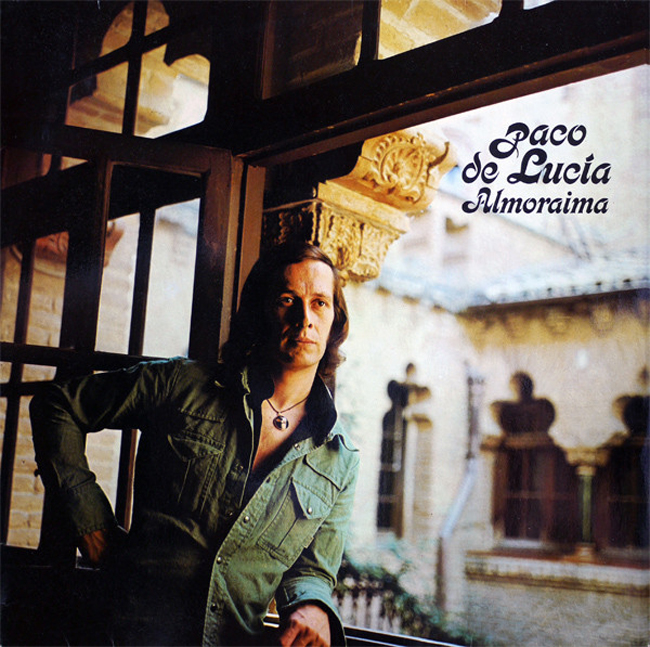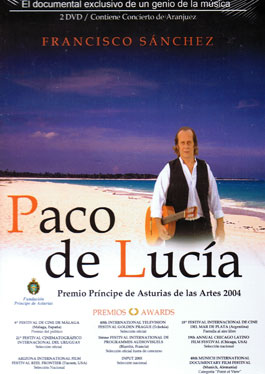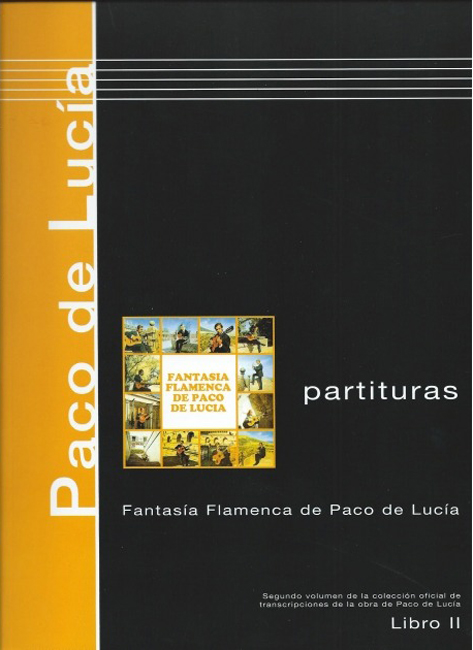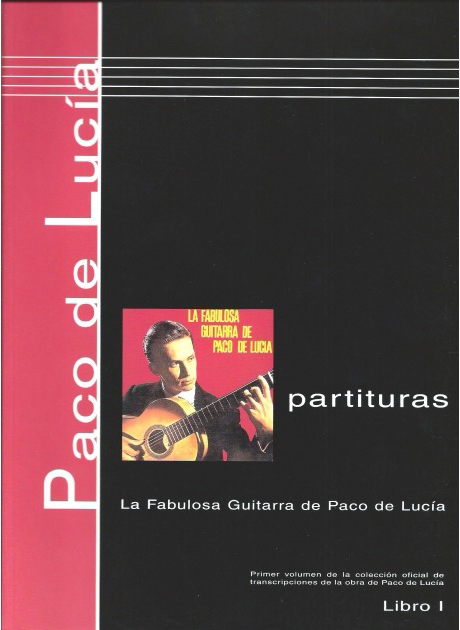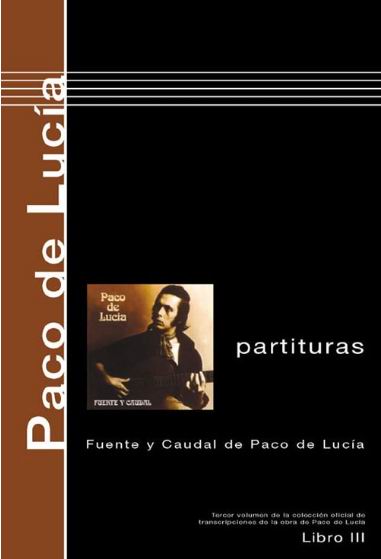Description
The author of these charts has been the maestro Enrique Vargas, also the director of the collection “The Great Flamenco Guitars of Today Library”, who had to face the tremendous difficulty of transcribing accurately every little detail of this historic work of art.
Paco de Lucia implements in “Almoraima” various innovations unprecedented for the times: every one of the eight cuts of the CD has more than one -and some times up to five- guitar tracks; electric bass; percussion; a muted guitar track, and, sometimes, oud and singing. All of these elements made the task of transcribing this work tremendously difficult. In spite of this, maestro Enrique Vargas offers in every piece the solutions based on maximum fidelity to the original.
All of these pieces are perfectly playable by solo guitar and a duo (with the exception of the rumba and sevillanas than are only suitable for a duo). Every piece is preceded by annotations in Spanish and English. The charts are presented in notation and tab. The fingerings for both hands and dynamic and technical characteristics are explained in the smallest detail.
''Almoraima'' (Bulerías)
In this piece the most important parts of the second guitar and the bass have been transcribed entirely. Where the second guitar plays generic accompaniment the chord symbols are provided. The oud track recorded by maestro Paco de Lucía has been transcribed entirely. This piece is playable as a solo as well as a duo.
''Cueva del Gato'' (rondeña)
The guitar accompaniment played by Ramón de Algeciras has been transcribed entirely, which makes this piece ideal for a duo as well as a solo.
''Cobre'' (sevillanas)
This piece is a duo where the main guitar interprets each sevillana in a different key and, sometimes, different tuning. The second guitar maintains the same tuning without a capo. In the third copla of each sevillana maestro Paco de Lucia recorded a second solo guitar track which does a sort of counterpoint with the main guitar. This track is also been transcribed.
''A la Perla de Cadiz'' (cantiñas)
In this piece the most important parts of the second guitar have been transcribed. Where the accompaniment is generic chord symbols are supplied. In the final part of this piece maestro Paco de Lucía plays a brilliant improvisation over a sang melody that has been transcribed to be used as a reference or played by some other musical instrument if so desired. Can be played as a solo as well as a duo.
''Ole'' (jaleos)
Despite this piece being a duo with both guitars completely transcribed, it's perfectly playable as a solo, too.
''Plaza Alta'' (soleá)
In the final part of this piece enters the second guitar whose more important parts have been transcribed entirely. In the generic parts chord symbols are supplied. Can be played as a solo as well as a duo.
''Rio Ancho'' (rumba)
This famous rumba is presented as a guitar duo with the accompaniment explained and transcribed in its most important parts. Chords symbols are supplied throughout the whole piece.
''Llanos del Real'' (minera)
In the final part of this piece enter the second and third guitars that also have been transcribed.
Format A4
265 Pages
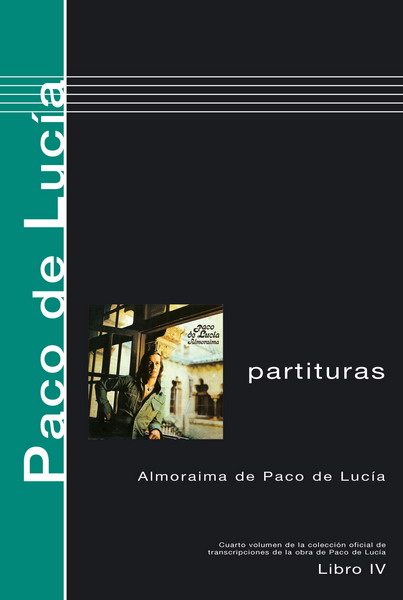








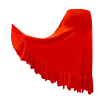
































 Wholesalers/Stockists
Wholesalers/Stockists Contact
Contact





